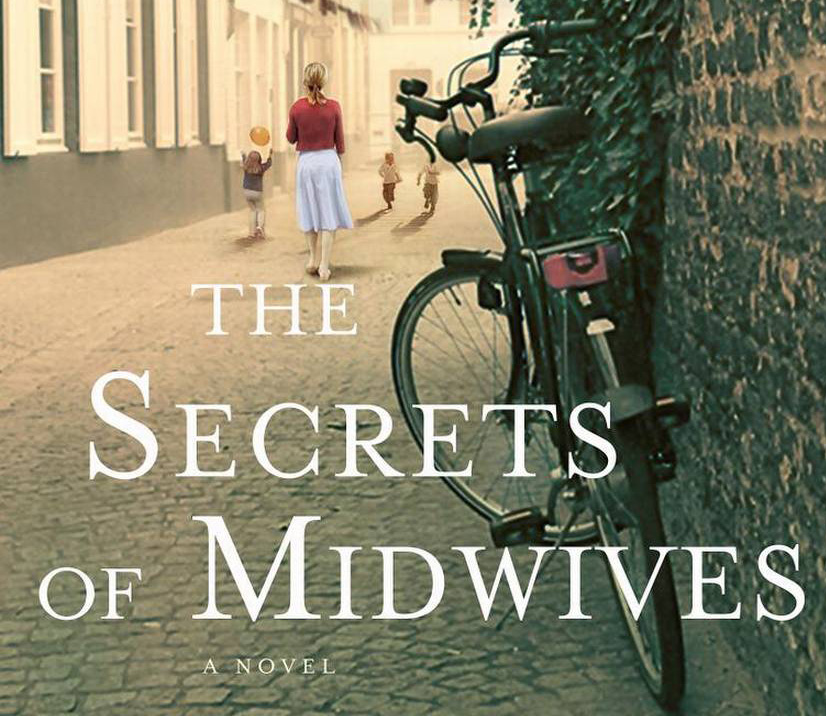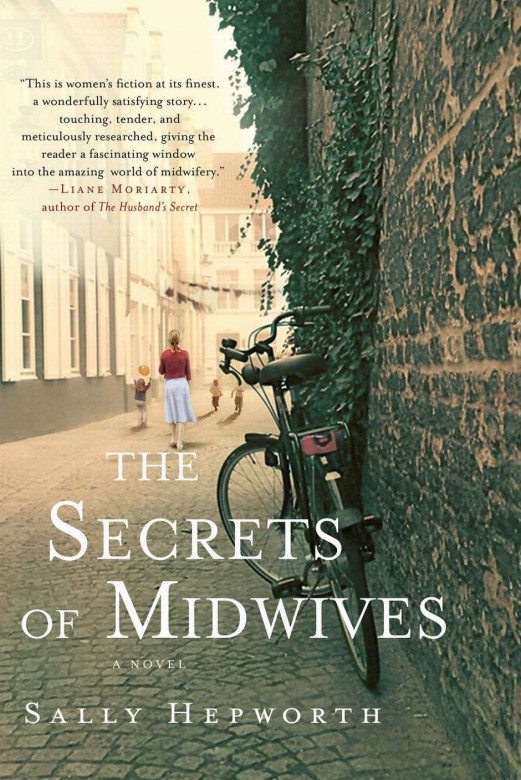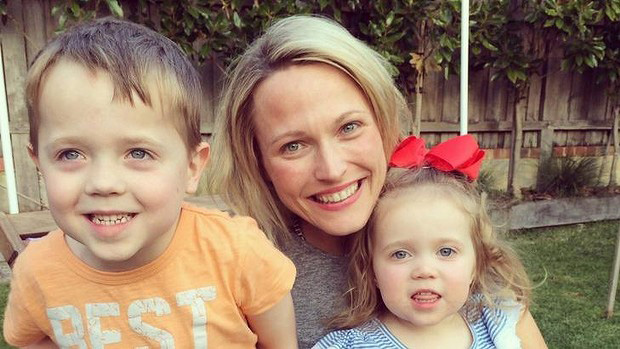A good friend and I were chatting the other day about whether, in a few hundred years, women’s bodies will adapt to our radically changing lifestyles. She and I had waited until our thirties to have children and we both experienced serious difficulties with fertility. Our ovaries didn’t care that we spent our twenties focusing on our education instead of searching for our ideal baby daddies. They didn’t understand that we weren’t emotionally ready to raise a child until 30 had come and gone. They laughed in our faces when we woke up one morning and said, “Okay, I’m no longer worried about accidental pregnancy. Now I want a baby right this instant [insert impatient stamp of foot].” Stupid, uncooperative ovaries.
When my husband I did conceive (oh glorious day!) we, like many first-time parents-to-be, attended prenatal classes offered by the hospital. The teacher was informative, but the images—oh my god, the images—scared me nearly to death. How was I supposed to do THAT? I just about changed my mind about having a baby right then; it could stay in there for the rest of my life as far as I was concerned.
Call me fickle, but by the time my daughter was a week overdue, I didn’t care how she came out. I was pretty sure that my vow to avoid childbirth had come true. She was determined to frolic in the hot tub of my uterus forever and I was stuck with a bowling ball tucked inside the waist of my pants.
Although I completely understand a woman’s desire to give birth in the sanctity of her own home, I chose a hospital birth for my own peace of mind. Luckily I did. When my daughter’s head wouldn’t fit through the birth canal, I was prepped for surgery in less than 10 minutes. She may have been eight days late, but, thanks to an emergency caesarian section, she was healthy and I was intact. As it turned out, I never had to do THAT.
The three generations of women in The Secrets of Midwives have seen their share of difficult births. Floss, the grandmother, was trained is midwifery in England before the marvels of modern medicine. Grace, the mother, is a staunch supporter of women’s rights and home births. Neva, the daughter, works in a birthing center attached to a local hospital. While they vary in their individual beliefs about doctor involvement in natural childbirth, each woman is highly committed to peaceful and safe birthing experiences.
Grandmother, daughter, and granddaughter have come to terms with their differences and have adapted a working relationship with one another. But when Floss and Grace discover that Neva is pregnant, they become obsessively curious about why she adamantly refuses to identify the father. Grace’s insistent probing for information makes Neva more determined than ever to keep her secrets to herself. And Neva isn’t the only one hiding something: Grace’s marriage is on the rocks and her job is in jeopardy after a misconduct complaint is filed against her; and Floss, who raised Grace on her own, starts fixating on events from her past that she’s never dared share with anyone.
The Secrets of Midwives is a tender tribute to the bond between mother and child. It speaks to our innermost feelings, hopes, and desires, and—above all else—our fierce loyalty to our children. It is a book of secrets, yes, but also a book of love, commitment, and the incomparable miracle of birth.
The Secrets of Midwives is Sally Hepworth’s second novel. She lives in Australia with her husband and two children.



Leave a Reply